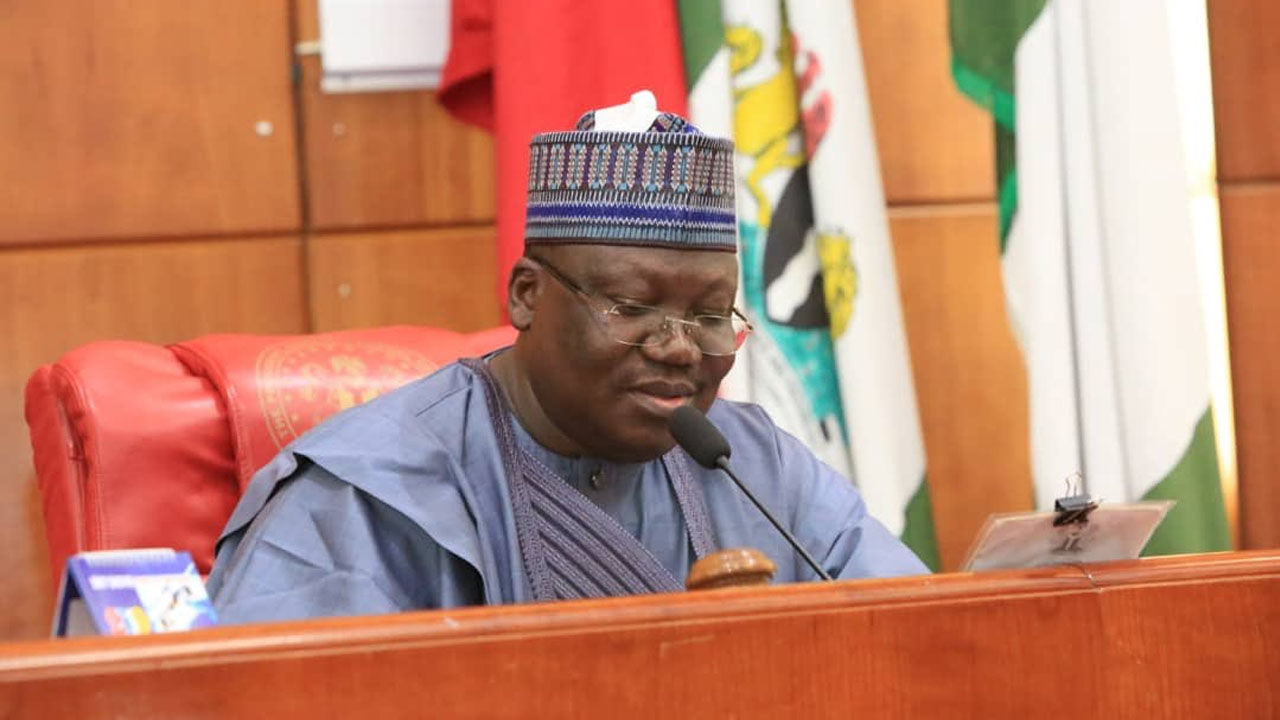
The persistent exclusion of the Northwestern and Southeastern geopolitical zones from key leadership positions in the Federal Character Commission (FCC) since its establishment in 1996 has sparked a national debate on fairness, equity, and regional representation.
Documents from the commission show a consistent pattern of appointments favoring the Northeast and North-Central for the position of Executive Chairman, while the Secretary role has been dominated by the South-South and Southwest, leaving the Southeast unrepresented.
A source, who spoke anonymously to The Journalist, criticized the imbalance, saying: “For nearly three decades, the Northwest has been overlooked in FCC leadership. If we truly believe in fairness, this imbalance must be addressed immediately.
“How can a commission responsible for ensuring equitable representation ignore an entire region for so long? The Southeast also deserves its rightful place in FCC leadership.”
As pressure mounts, all eyes are on the Presidency to address these demands and ensure that the Federal Character Commission truly represents the diversity of Nigeria. The coming months will determine whether the government takes decisive action or allows the historical imbalance to persist.
Records show that since the FCC’s inception, the Executive Chairman position has been dominated by the Northeast and North-Central. The first chairman, Alhaji Adamu Fika (Yobe, Northeast), served from 1996 to 2001.
His successor, Alhaji Bello Kofa-Bai (Katsina, Northwest), passed away after two years in office and was replaced by Prof. Shuaibu Oba Abdul-Raheem (Kwara, North-Central), who served a full five-year tenure before resigning.
Following this pattern, the most recent substantive chairman, Dr. Muheeba Dankaka (Kwara, North-Central), whose tenure will end in April 2025, has continued the dominance of the Northeast and North-Central, further sidelining the Northwest.
Similarly, the Secretary position has remained exclusive to the South-South and Southwest. Individuals such as Mr. Effanga, Deacon O.P. Emerhana, Prof. F.A. Durosinmi-Etti, and Barr. Jude Rex-Ogbuku have all hailed from these regions, while the Southeast has remained entirely absent from this role.
The Federal Character Commission (FCC) was established by Act No. 34 of 1996 to enforce the Federal Character Principle, ensuring fairness in the distribution of public offices and socio-economic infrastructure across Nigeria’s federating units. Sections 14 and 153 of the 1999 Constitution further consolidated the Commission’s role within a democratic system of government.
Amid the growing concerns over regional marginalisation, voices from the Northwest are advocating for equitable representation, arguing that the region should be allowed to complete the northern cycle before leadership shifts to the South.
Similarly, there is a strong push for a Southeast candidate to be appointed as Secretary to rectify the longstanding exclusion of the zone. With the current acting Secretary hailing from the Southeast, advocates argue that confirming him in the role would promote fairness, justice, and improved service delivery, aligning with the commission’s founding principles.
Former FCC Chairman, Dr. Shettima Bukar-Abba, stressed the importance of adhering to the federal character principle in all appointments and promotions.
He said: “Let’s consider three key factors: the Federal Character Commission’s conditions of service, the Federal Character Handbook, which outlines duties and regulations, and the enabling law that established the commission. As the head of an institution, it is crucial to strike a balance among these factors in accordance with federal civil service rules and regulations.”
With growing calls for reform, the federal government faces mounting pressure to ensure that the FCC truly reflects Nigeria’s diversity and commitment to equity.






